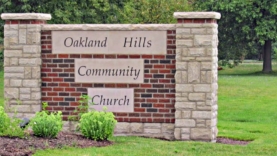I recently wrote a book review about a volume by an author whose works usually prompt me to significant disagreement, but, in this case, whether because of a change of his mind or coincidence of the material, I found that I generally . . . Continue reading →
Heidelminicast: Ed Clowney—Perhaps It Is Time To Focus On The “What” Rather Than The “How”?
These are some of our favorite Heidelquotes. Something to think about from the Heidelcast. If you are subscribed to the Heidelcast or the Heidelblog (see below) you will receive these episodes automatically. All the Episodes of the Heidelcast How To Subscribe To Heidelmedia . . . Continue reading →















